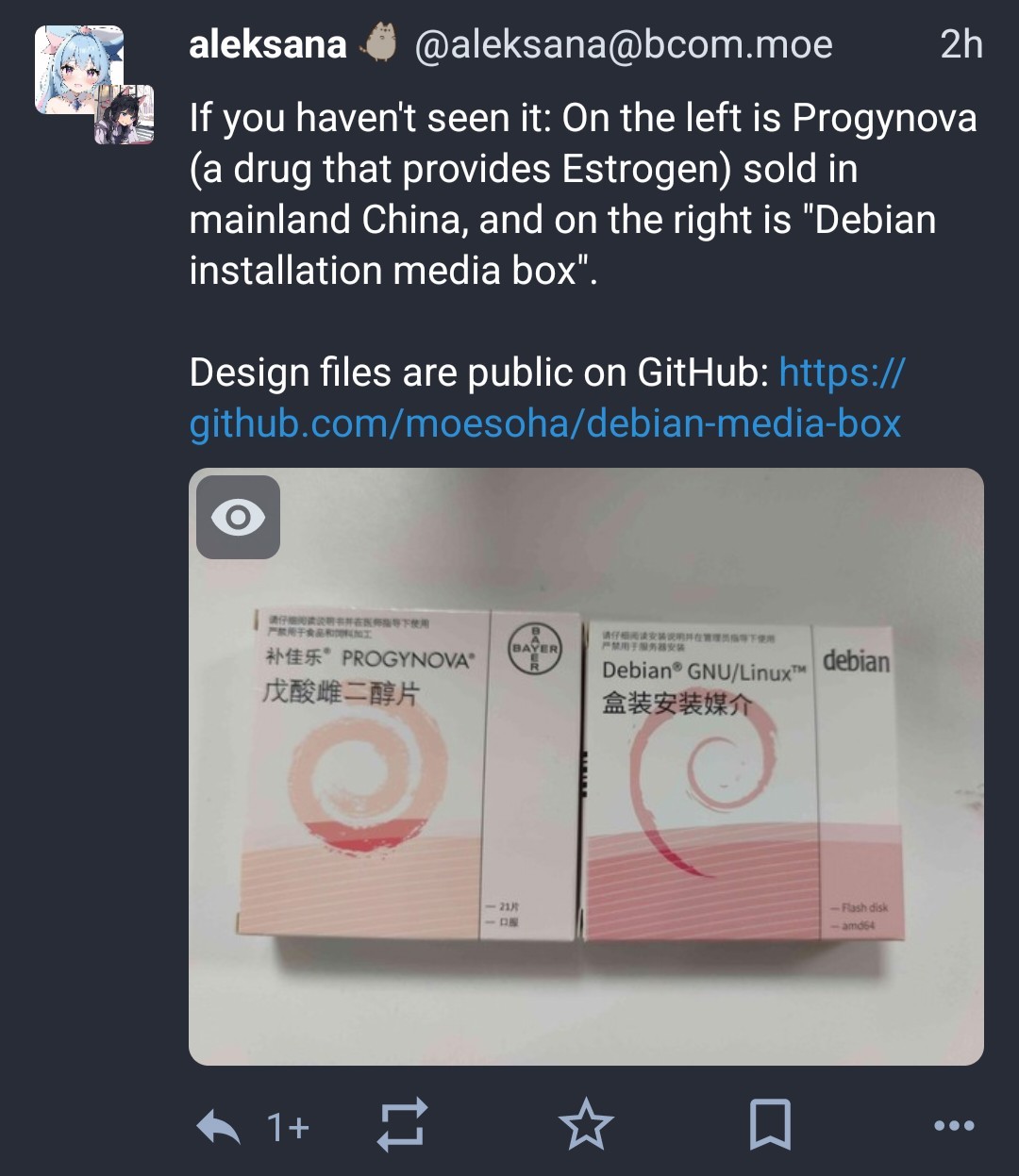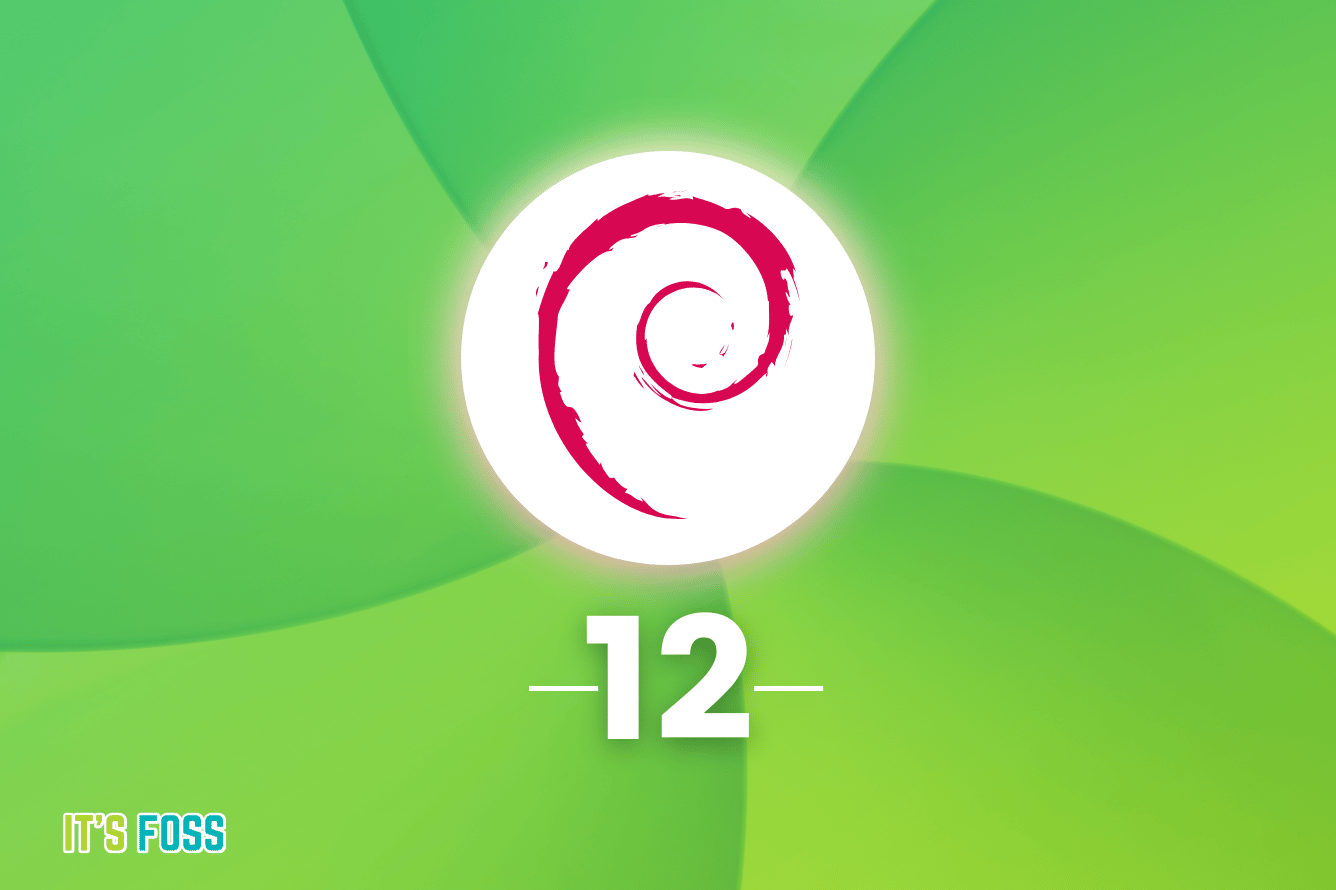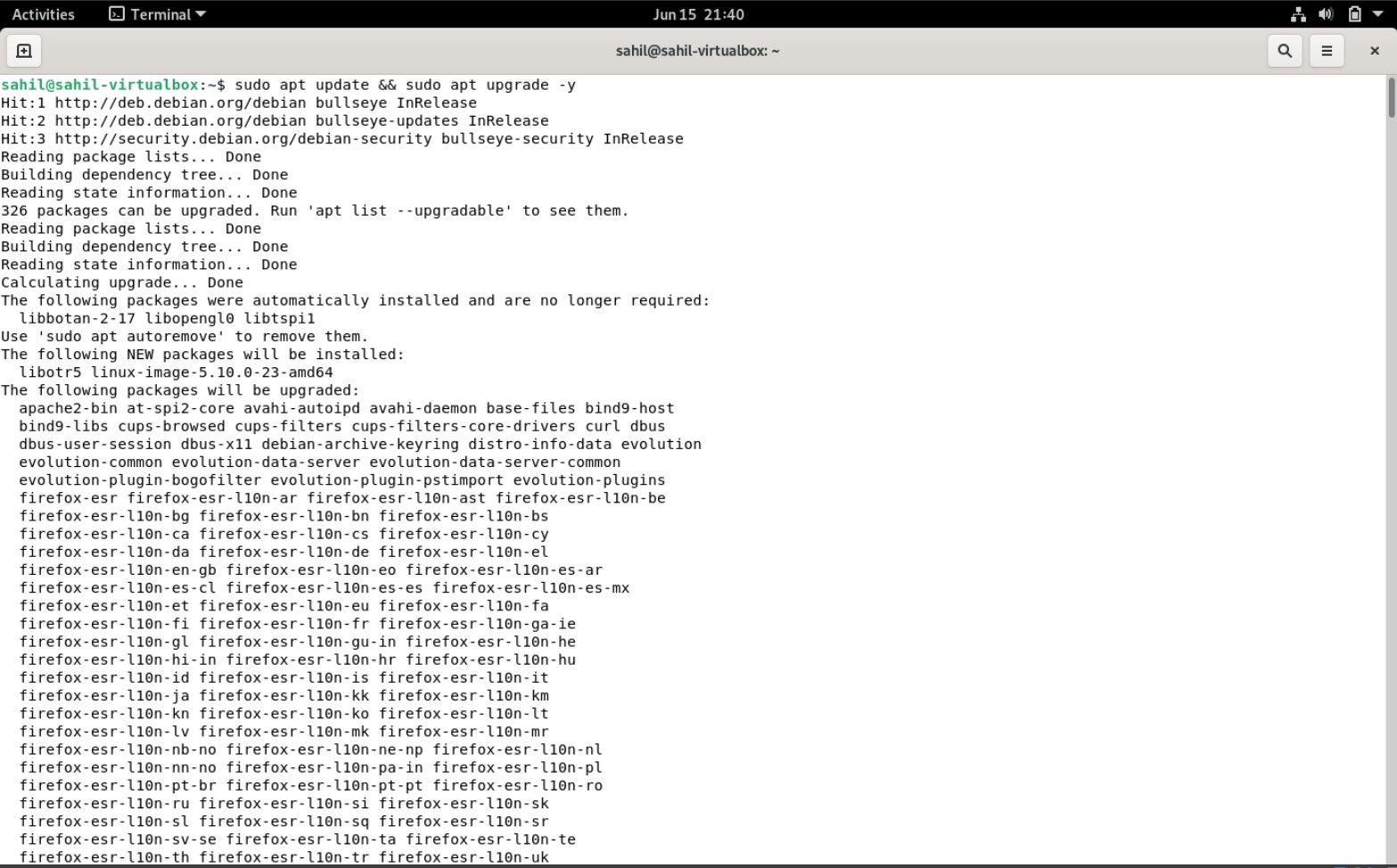Sometimes, you might find yourself in a spot where your favorite new game or a particular piece of software just won't run on your Debian system. It turns out, that, quite often, the issue boils down to something called the GNU C Library, or glibc for short. This is a very fundamental part of your Linux setup, a bit like the engine in a car, providing all sorts of essential services for programs to work. If a program needs a newer version, say glibc 2.38, and your system, perhaps Debian 12, only has an older one, like 2.36, you hit a bit of a wall.
This situation, you know, can be a real head-scratcher for many folks. You're simply trying to get something going, and then you get an error message about a missing library version. It's almost like a puzzle piece isn't quite fitting where it should. People often wonder if there's a straightforward way to get that newer version without causing a whole bunch of other problems for their system, which is a fair concern, as a matter of fact.
The core of the matter often revolves around how these key system parts are managed and updated. Getting a newer version of something as central as glibc can feel a little like performing surgery on your operating system, and there are certainly considerations to keep in mind. We'll explore why this happens and what options are generally available for those who need to bridge this version gap for their `glibc_2.38 debian` needs, so you can keep your applications running smoothly.
Table of Contents
- A Core Part of Your System
- Why Might You Need a Newer glibc Version?
- Are There Risks with Updating `glibc_2.38 debian`?
- How Can You Get `glibc_2.38 debian` or Newer?
- What Goes Into Packaging `glibc_2.38 debian`?
A Core Part of Your System
The GNU C Library, which we often just call glibc, is a truly central piece of the Linux operating system. It provides many very essential services for different computer programs. Think of it, you know, as a big toolbox that almost every piece of software on your system reaches into for common tasks. Without it, or if it's the wrong version, things just don't work as they should. It's the kind of thing that just quietly does its job in the background, but when it's not quite right, you definitely notice it, as a matter of fact.
This library handles all sorts of basic operations, like managing memory, dealing with files, and even starting up new programs. So, when a program needs a particular version, like `glibc_2.38 debian`, it's because it relies on specific tools or ways of doing things that are present in that version. If your system has an older one, the program simply can't find what it's looking for, and it just stops working. This is why getting the right version for your `glibc_2.38 debian` setup can be so important for certain applications.
Why Might You Need a Newer glibc Version?
There are a couple of common reasons why someone might find themselves needing a newer glibc version, perhaps `glibc_2.38 debian`, than what their current system offers. One of the most frequent scenarios involves trying to run newer software, especially things like games or very specific development tools. These applications are often built with the expectation that a more recent glibc is available. Another reason, which is a bit more technical, relates to how different parts of your system interact, especially when you're moving files around or updating things in an unusual way. So, let's look at those situations, you know, a bit closer.
- Breckie Hill Nudes Of
- Emilio Estevez Born
- Jayshree Gaikwad Web Series Name
- I Drink And I Know Things Tyrion
- Yvonne Payne
Dealing with the `glibc_2.38 debian` Game Requirement
It's pretty common for people to hit a wall when they're trying to play a new game. You download it, you install it, and then you get an error message saying something like, "I need at least glibc 2.38." This can be quite frustrating, especially when you're just looking to relax and enjoy some digital entertainment. For instance, if you're running Debian 12, you might find that it comes with glibc 2.36, which is just a little bit older than what your game is asking for. This difference, you know, might seem small, but it's enough to stop the game from starting up at all. It's like trying to plug a new appliance into an old outlet that just doesn't quite fit, in a way.
The issue here is that game developers often build their creations using the most current versions of system libraries available at the time. This helps them take advantage of new features or performance improvements. When your system's glibc version, like for `glibc_2.38 debian`, doesn't match what the game expects, the game simply cannot find the necessary instructions or functions it needs to run. This is a very typical scenario that prompts users to look for ways to update their glibc, even though, you know, it can sometimes be a bit of a tricky thing to do. Many people wonder, quite naturally, if there is a safe path to get that newer version without messing up their entire system, which is a very valid concern.
What Happens if Your `dpkg` is Too New for `glibc_2.38 debian`?
Another interesting situation where you might encounter a glibc version problem, perhaps with `glibc_2.38 debian`, happens when you're working with system tools themselves. Imagine you've copied a `dpkg` program, which is what Debian uses to manage its software packages, from a newer system to an older one. You might then see an error message like "Version 'glibc_2.38' not found." This is because the `dpkg` program you copied was, you know, put together on a system that already had glibc 2.38 or something even newer.
When this newer `dpkg` tries to run on your older system, it looks for the specific glibc 2.38 functions it was built to use. Since your current system only has an older glibc, it can't find those functions, and so the `dpkg` program simply cannot work. This is a pretty clear example of how fundamental glibc is; even the tools that manage other software on your system depend on it. It just goes to show how interconnected everything is, and why matching glibc versions, especially for something like `glibc_2.38 debian`, is so important for the overall health of your operating system.
Are There Risks with Updating `glibc_2.38 debian`?
When people think about updating a core system component like glibc, a common thought is, "Is this going to break everything?" And that's a very fair question, you know. It's true that updating glibc can be a bit of a delicate operation. Because so many other programs rely on it, changing it can sometimes have unintended consequences. It's not like updating a regular application; this is a foundational piece of software. So, yes, there can be risks involved, and it's something that you should approach with a bit of caution, as a matter of fact. We'll look at some of the specific concerns that can come up when dealing with glibc versions, especially around `glibc_2.38 debian`.
A Closer Look at Security Concerns with `glibc_2.38 debian`
Beyond just compatibility issues, there are also security aspects to consider when it comes to glibc. Sometimes, a vulnerability might be found in an older version of the library. For example, in some past versions, there was a problem where a function called `backtrace` didn't properly check the boundaries of an array when it was putting away frame addresses. This kind of flaw, you know, could potentially lead to a denial of service, meaning your system could become unresponsive, or, in some very serious cases, it could even allow someone to run unwanted code on your machine. This is pretty serious stuff, as a matter of fact.
The biggest worry from this type of vulnerability is generally about your system's availability. If someone can make your system stop working, that's a significant problem. This is why keeping glibc up to date, or at least being aware of known issues in older versions, is pretty important for the overall health and safety of your system. While `glibc_2.38 debian` itself might fix some of these issues, the general point is that newer versions often contain important fixes for security weaknesses found in older ones. This is just one more reason why people might want to move to a more current version, even if it feels a little bit hairy to do so.
How Can You Get `glibc_2.38 debian` or Newer?
So, if you find yourself needing `glibc_2.38 debian` or something even newer, what are your options? This is where things can get a little bit involved, you know. For many Debian users, the standard way to get software is through the official package repositories. However, stable Debian releases, like Debian 12, typically stick to specific versions of core libraries for stability reasons. This means they might not immediately offer the very latest glibc. People have, in the past, tried different methods to get newer versions, some of which involve adding different software sources or even building things from scratch. So, let's consider some of the paths you might take to bring a newer glibc to your system.
One common approach that some people have used, for instance, involves looking at Debian's "Sid" branch, which is the unstable development branch. This branch often has much newer versions of packages, including glibc. The process generally involves carefully adding the Debian Sid software source to your system's list of sources, then updating your package lists, and then, you know, installing the specific glibc package, often named `libc6`. After that, you might need to re-link your dynamic libraries to make sure everything points to the new version. It's a bit like carefully swapping out a major part of an engine; it needs to be done with precision. Afterward, you'd typically verify the glibc version to confirm the change. This method has been used for versions like glibc 2.33 and 2.34, so it could, you know, potentially apply to `glibc_2.38 debian` as well, though it always carries some risk.
Another way some people approach this is by getting the necessary glibc version directly. This might involve downloading the source code and then compiling it themselves. For example, you could use a command to download glibc 2.39 or glibc 2.38 from official repositories or other trusted locations. This path gives you, in a way, the most control over the installation, but it also requires a much deeper familiarity with how to build software from its original components. It's generally not recommended for casual users, but it is an option for those who are comfortable with more advanced system administration tasks, especially when trying to get a specific `glibc_2.38 debian` setup going.
Considering `glibc_2.39` for `glibc_2.38 debian` Needs
It's worth noting that sometimes, when you're looking for a specific version like `glibc_2.38 debian`, an even newer version might already be out there. For instance, a new upstream version, glibc 2.39, might be available from the original developers. When this happens, the maintainers of operating systems like Debian often start to think about packaging this newer version for their users. This is a continuous process of keeping the system's core components as up-to-date as possible, while still making sure everything remains stable and works well together. So, if you're looking for 2.38, it's pretty common that 2.39 is already on the horizon, or perhaps even released, offering similar or even improved functionality.
What Goes Into Packaging `glibc_2.38 debian`?
Making a core library like glibc available for a system like Debian involves a lot more than just grabbing the latest version. It's a pretty involved process that ensures the software works correctly and safely for everyone. When a new version, such as `glibc_2.38 debian`, becomes available from the original creators, the people who maintain the Debian packages have to do quite a bit of work to prepare it. This includes making sure all the pieces are there, that any known issues are addressed, and that it can be easily installed by users. It's a bit like preparing a very important meal; many different ingredients and steps are involved to make sure it's just right.
The Building Blocks for `glibc_2.38 debian`
To put together a package for `glibc_2.38 debian`, the maintainers need several other tools, which are called build dependencies. These are programs that help in the process of taking the raw source code and turning it into something that can be installed on your system. For example, they might need Gettext, which is a set of GNU tools for internationalization, helping with different languages. They also need Dpkg, which is the main Debian package management system itself, usually a fairly recent version. Then there's 'File', a utility that can recognize the type of data in a file using something called 'magic numbers', which is pretty neat. 'Quilt' is another tool that helps manage and apply a series of patches, which are small changes to the code. And finally, 'Autoconf', which helps build automatic configuration scripts. All these tools work together to create the final glibc package that users can install, which is quite a complex undertaking, you know.
Keeping `glibc_2.38 debian` Current and Bug-Free
When a new version of glibc, like `glibc_2.38 debian`, is being prepared for release, it's not just about getting the raw code. The package maintainers also have to consider any fixes that have been made to the software. For instance, the original text mentions that a new upstream version might have patches that fix a good number of bugs, sometimes as many as 41 or even 46 if you count the ones that have been combined. It's important for the people working on the Debian package to either include these fixes or make sure they're not accidentally removed. This continuous effort to incorporate bug fixes is very important for making sure the glibc version that Debian users get is as stable and reliable as possible. It's a constant process of refinement, really, to keep things working well for everyone.
Making `glibc_2.38 debian` Accessible to Everyone
One final, but very important, aspect of packaging something like `glibc_2.38 debian` is making sure it's accessible to people who speak different languages. Some parts of the glibc package contain strings, which are basically pieces of text that users might see, and these strings need to be translated. The package maintainers generally have to check the status of these translations to ensure that the software can be used by a wider audience. This involves looking at a "l10n status report," where "l10n" is a common shorthand for "localization," meaning adapting software for different languages and regions. This effort helps make sure that a fundamental component like glibc is usable and friendly for people all over the world, which is a pretty big job, as a matter of fact.
Related Resources:



Detail Author:
- Name : Mr. Salvatore Bergstrom DVM
- Username : tfadel
- Email : lind.mallory@stroman.net
- Birthdate : 2005-06-22
- Address : 68971 Jarrod Center Apt. 899 Yundttown, NY 07670-1618
- Phone : 312-546-7647
- Company : Durgan Group
- Job : Molding Machine Operator
- Bio : Autem neque accusamus recusandae odit dolor voluptatem sed. Quis quidem ipsam ut quasi. Modi numquam non amet soluta cum consequatur autem.
Socials
linkedin:
- url : https://linkedin.com/in/angus_xx
- username : angus_xx
- bio : Eligendi et quod rem aperiam nisi beatae dolorum.
- followers : 3622
- following : 2963
tiktok:
- url : https://tiktok.com/@aheidenreich
- username : aheidenreich
- bio : Asperiores dolorem est recusandae omnis corrupti.
- followers : 2416
- following : 14